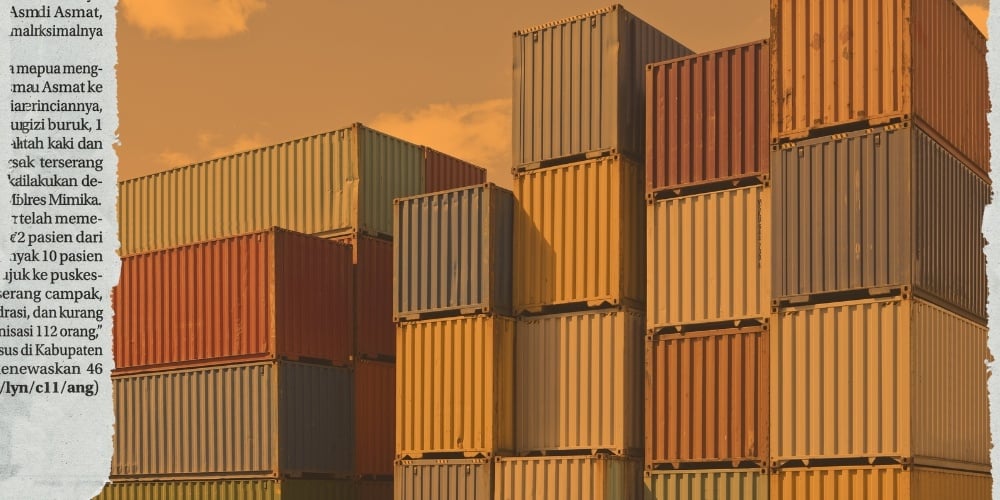We deliver essential news without the noise. Stay ahead of the evolving trade landscape so you can plan with more visibility and respond before changes impact your business.
50% Tariff on Brazilian Imports into the U.S. Takes Effect
.png)
Exemptions apply to goods protected under 50 U.S.C. § 1702(b), in addition to specific imports such as energy products, civil aircraft, precious metals, and fertilizers.
CBSA Updates Memorandum D3-1-1 to Enforce CARM Compliance

The update reflects Canada’s move toward a fully digital customs environment, with new procedures introduced for using the CBSA Assessment and Revenue Management (CARM) system.
August 7 Marks the Start of Updated U.S. Import Tariff Rates and Rules
.png)
These tariffs aim to address imbalances in the relationship between the U.S. and its trading partners, with a focus on economic and national-security matters.
Canada Introduces A 25% Surtax on Chinese-Based Steel and Aluminum Imports

This surtax addresses the risks associated with global overcapacity and non-market policies and practices in the steel and aluminum industries.
U.S. Applies 50% Import Tariff on Copper Content and Derivatives Starting August 1
.png)
The 50% tariff on copper imports is a result of a Section 232 investigation initiated in February 2025, under the Trade Expansion Act of 1962.
The U.S. Raises The Import Tariff on Canada to 35%
.png)
Goods that are transshipped to avoid this tariff will face a 40% duty rate, may incur fines or penalties, and will be subject to other duties, fees, taxes, or charges.
U.S. Suspends De Minimis Tariff Exemption for Low-Value Imports
.png)
Low-value shipments now face higher duties, formal entries, and closer oversight from CBP, while international postal shipments enter a six‑month transition period before ad valorem duties apply.
Duties on Canadian Softwood Lumber Rise Sharply to Surpass 30%
.png)
An antidumping review determined weighted‑average dumping margins of 35.53% for Canfor, 9.65% for West Fraser, and 20.56% for non‑selected companies.
New LTL Freight Class Rules Now in Effect

The new LTL freight class rules, which apply to shipments rated under NMFC terms, mark a shift to a more precise density-based classification system.
CBP Issues Guidance on USMCA-Eligible Vehicle Import Tariffs
.png)
With the 25% duty only applying to non-U.S. content, the new filing rule offers cost-saving opportunities for importers of USMCA-eligible vehicles.
Search Topic
Latest Articles
- Canada Updates China Surtax Remission List and Extends Eligibility to 2026
- CBSA Adjusts Service Fees to Reflect Inflation, Effective April 1, 2026
- U.S. Supreme Court Rules Against IEEPA Tariffs
- CRA Publishes 2026 Adjusted Rates of Excise Duty and Cigarette Inventory Tax Taking Effect April 1
- CFIA Updates Common Names for Milk Ingredients on Food Labels
